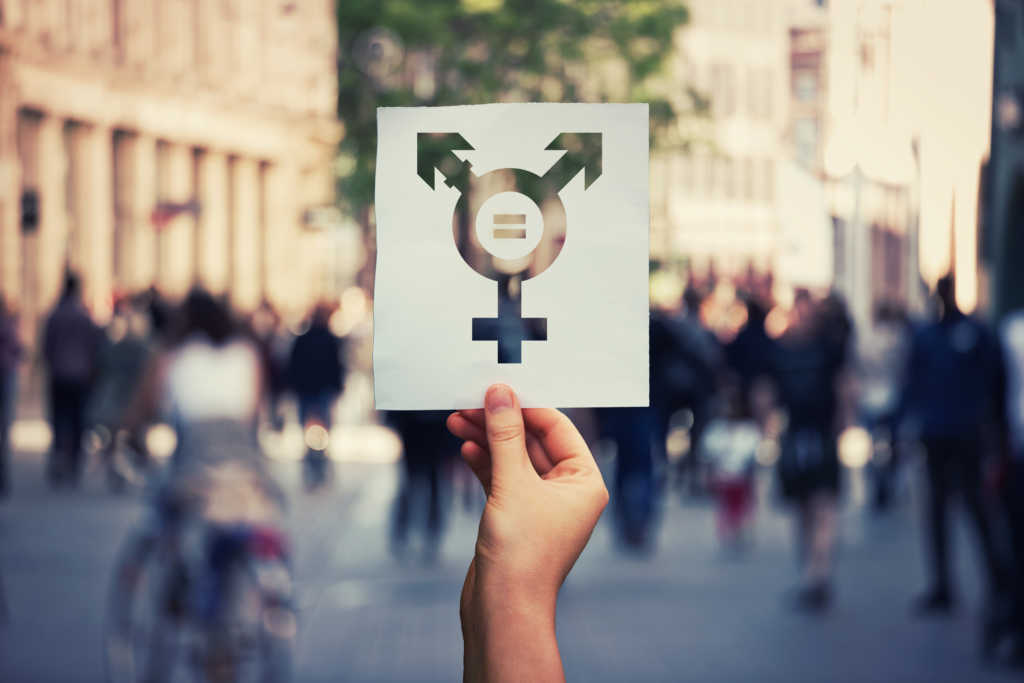A transgender activist has called for all children to be given puberty blockers until they can decide which gender they want to be.
TheBlaze.com reports Lauren McNamara, also known as “Zinnia Jones” to her social media followers, took to Twitter earlier this month, writing: “If children can’t consent to puberty blockers which pause any permanent changes even with the relevant professional evaluation, how can they consent to the permanent and irreversible changes that come with their own puberty with no professional evaluation whatsoever?”
McNamara then added another tweet, writing, “An inability to offer informed consent or understand the long-term consequences is actually an argument for putting every single cis and trans person on puberty blockers until they acquire that ability.”
According to her YouTube fan page, McNamara is an American atheist. She has posted numerous videos to social media critical of religion, especially those that don’t support LGBT ideology. She is openly transgender and has been on hormone replacement therapy for more than eight years.
McNamara’s comments came after a British High Court ruled that children under the age of 16 who are considering gender reassignment are not mature enough to give consent to receive puberty-blocking drugs.
As CBN News reported earlier this month, the ruling came after a case was brought against the Tavistock & Portman NHS Trust by 23-year-old Keira Bell, who received hormone therapy at one time and now regrets it.
Bell filed suit against the Tavistock clinic, UK’s primary gender identity development service for children. The court’s decision will “protect vulnerable young people,” said Bell.
“I wish (the judgment) had been made before I embarked on the devastating experiment of puberty blockers. My life would be very different today,” she added.
Side effects of puberty-suppressing drugs include abnormal bone and brain development along with sex organ stunting, dysfunction, and potential sterility.
In the lawsuit, Bell claimed that the cross-sex hormones permanently damaged her body and could have left her barren. Her attorneys argued that children going through puberty are ill-equipped to give proper consent to such an important decision.
“It is highly unlikely that a child aged 13 or under would be competent to give consent to the administration of puberty blockers,” the judges agreed in the ruling. “It is doubtful that a child aged 14 or 15 could understand and weigh the long-term risks and consequences of the administration of puberty blockers.”
“Given the long-term consequences of the clinical interventions at issue in this case, and given that the treatment is as yet innovative and experimental, we recognize that clinicians may well regard these as cases where the authorization of the court should be sought prior to commencing the clinical treatment.”
The judges noted that the clinic’s Gender Identity Development Service (GIDS) has prescribed puberty blockers to children as young as 10 who claim to be suffering from gender dysphoria.
Physicians have required “the informed consent of those children and young persons to whom such drugs are prescribed,” the judgment reads. “The issue at the heart of this claim is whether informed consent in the legal sense can be given by such children and young persons.”


